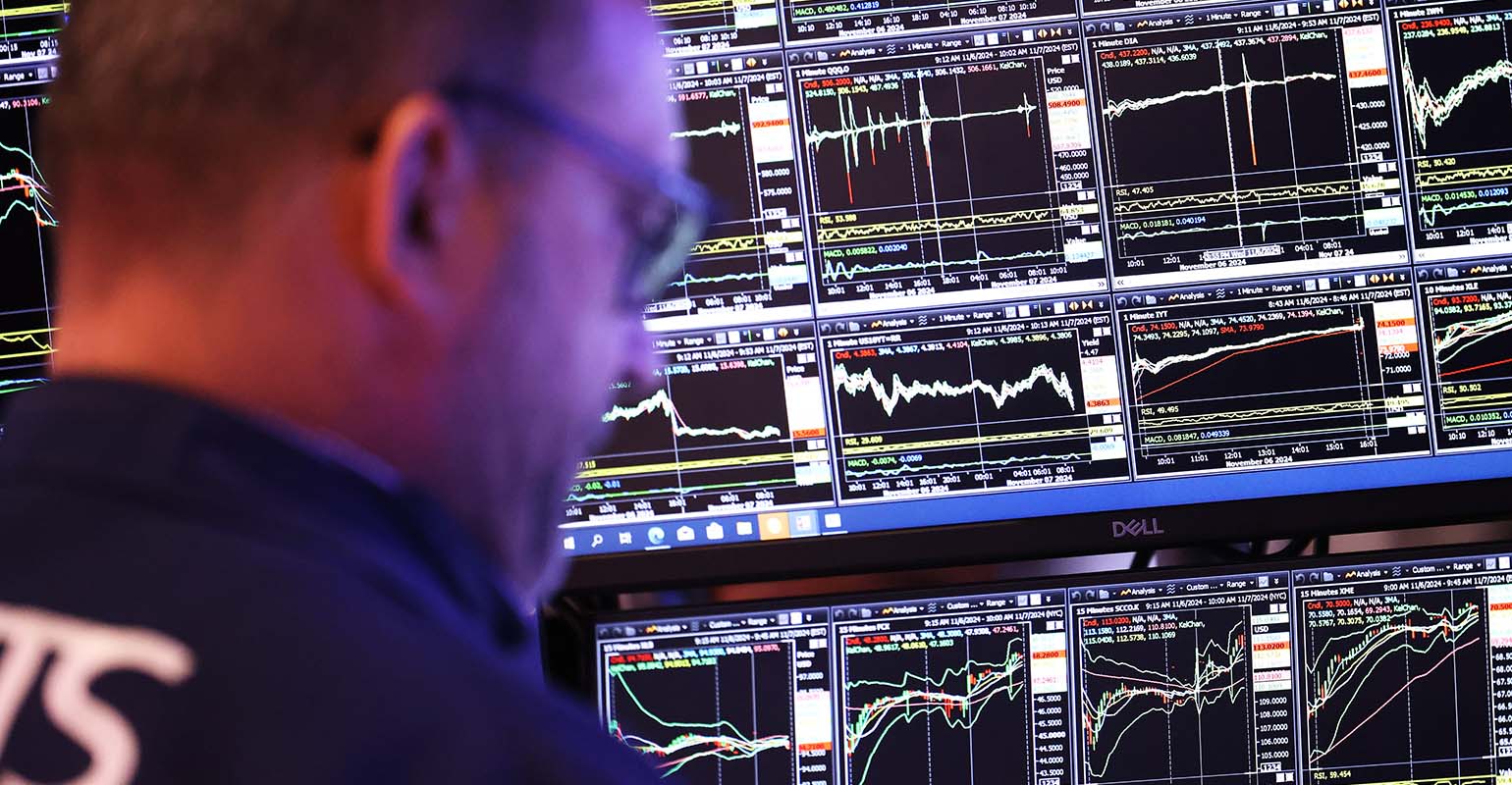Trump Trade Moderates as Sector ETFs Normalize


The Republican Party will have majorities in the House and Senate in addition to winning the White House in the 2024 elections. Having a unified government allows the incoming administration to advance changes to federal revenue and spending via the budget reconciliation process, which only requires a simple majority in the House and Senate. A unified government increases its ability to pass sector-specific policies. Investors responded to this by executing a “Trump Trade” (i.e., buying sectors like financials and energy, while selling sectors like health care).
The Financial Select Sector SPDR (XLF) and Energy Select Sector SPDR (XLE) appreciated 6.3% and 5.2%, respectively, between Nov. 5 (Election Day) and Nov. 14, on expectations of increased M&A activity and weaker regulation in these sectors. By contrast, the Health Care Select Sector SPDR (XLV) declined by 2.3%, in part due to the likely appointment of Robert F Kennedy Jr., viewed as a vaccine skeptic, as secretary of the Department of Health & Human Services.
To put the post-election “Trump Trade” into context, we analyzed the sector dispersion in the three most recent presidential election cycles, including the 2024 election. We measure sector dispersion on a given trading day as the difference between the daily return of the best and worst-performing S&P 500 GICS sectors on that day. Over the last 10 years, the daily sector dispersion has averaged 2.48%.
We observe that in all three recent presidential elections, sector dispersion tends to become elevated immediately after the election results as investors attempt to parse out the impact on different sectors. We define sector dispersion to be elevated if its five-day moving average is in the top 10% of all daily observations over the trailing 10 years. Sector differentials tend to revert to the mean after a few days post-election. The dispersion of returns between sectors was highest and more prolonged after the 2020 elections. This could be explained by the narrower margins in that election, and the longer time taken to declare the results.
Regional banking and capital markets ETFs like the Invesco KBW Regional Banking ETF (KBWR) and iShares U.S. Broker-Dealers & Securities Exchanges ETF (IAI) have been beneficiaries of the post-election “Trump Trade.” They have benefited from expectations of increased M&A activity and looser financial regulations. Software service ETFs like the SPDR S&P Software & Services ETF (XSW) have also benefited from expectations of more M&A activity and from less dependence on operations in China. Meanwhile, semiconductor ETFs were impacted by uncertainty around tariffs, the CHIPS Act and Taiwan. CFRA’s Information Technology sector analysts caution that these could be short-term trends and that long-term investors should not give up on the hardware and semiconductor industry since the secular trends are still favorable. The iShares U.S. Home Construction ETF (ITB) and XLV also declined after the election results were declared.
Looking Ahead
While the short-term impact of the election has moderated as sector dispersion has reverted to the mean, investors will still need to closely monitor the policies of the Trump administration. Washington Analysis, CFRA’s policy arm, expects that Trump’s threats to raise tariffs are credible and he has the unilateral ability to do so with regards to China. WA expects that tariffs on Mexico may be more complicated given the appeal options available under the USMCA trade agreement. CFRA expects that industries like steel and lumber could benefit from protectionist policies. Overall, the policies of the incoming administration will likely have an important long-term impact on investor portfolios.
Aniket Ullal is SVP, ETF Data and Analytics for CFRA, one of the world’s largest providers of independent investment research. Aniket founded First Bridge Data, a leading source for global ETF data and analytics that was acquired by CFRA in August 2019.

Student loans often follow borrowers for years, sometimes decades. Even people who fully understand how much they borrowed can feel...

It was a busy week for RIA aggregators. There were a few large moves, including $235 billion multi-family office Cresset...

Blog Posts Archives UnfavoriteFavorite February 27, 2026 Weave: The Social Fabric Project Subscribe to Weave’s Newsletter This story was originally...